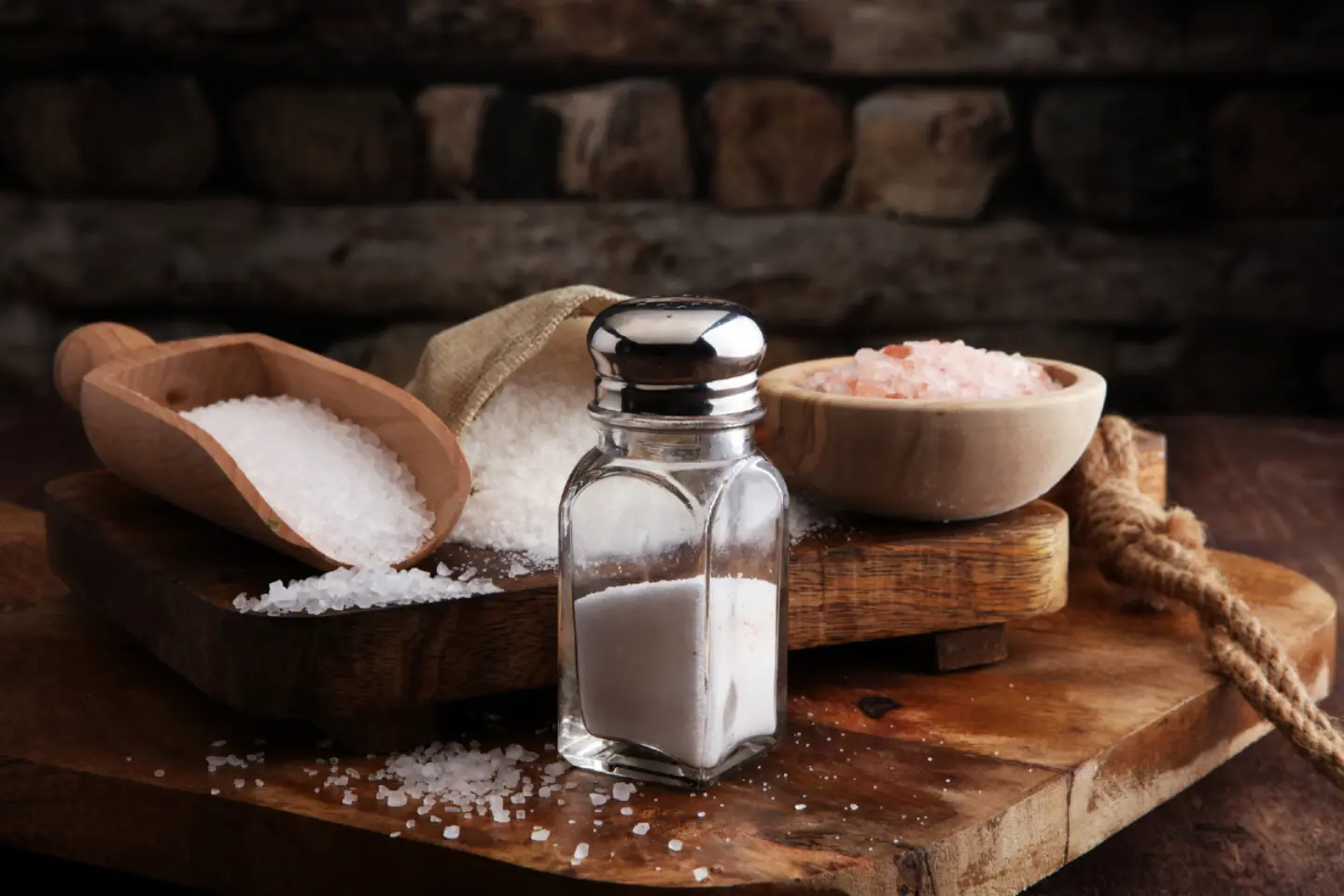Salt—it's everywhere. From the crystal grains sprinkled over our morning eggs to the hidden dash within our favorite processed snacks, while salt, also known as sodium chloride, is essential for the body's basic functions, too much of it can potentially shave years off our lives. Understanding how reducing salt intake can lead to a longer, healthier life is crucial, and the facts are as clear as they are compelling.

Our bodies require a small amount of sodium to conduct nerve impulses, contract and relax muscles, and maintain the proper balance of water and minerals. However, too much salt in the diet can lead to high blood pressure, which is a leading risk factor for heart disease and stroke, the world's biggest killers, according to the World Health Organization.
The majority of health organizations recommend a sodium intake of less than 2,000 milligrams per day, which equates to about a teaspoon of salt. However, various reports indicate that the average person consumes much more than this, often exceeding 3,400 milligrams per day. This excessive intake of salt could dramatically reduce our lifespan.
Firstly, let's delve into the impact of salt on blood pressure. When we consume too much salt, our bodies hold extra water to wash the salt from our system. This additional water increases blood volume, which means more work for the heart and more pressure on blood vessels. Over time, this extra strain can stiffen blood vessels, leading to high blood pressure, heart attacks, strokes, and even heart failure.
Research has shown that reducing salt intake can help lower blood pressure, particularly in those who already have elevated levels. One landmark study, the DASH-Sodium trial, revealed that a diet low in sodium significantly reduces blood pressure. Another compelling large-scale analysis found that a 5-gram reduction in daily salt intake could potentially decrease stroke risk by 23% and total cardiovascular disease risk by 17%.

But it's not just blood pressure that's affected by salt. A high-salt diet may also be linked to other health concerns, such as stomach cancer, kidney disease, and obesity, which in turn can reduce a person's lifespan. Stomach cancer is the third leading cause of cancer death in the world, and high-salt diets have been associated with an increased risk of the cancer. Researchers believe that salt may damage the stomach lining and promote the growth of Helicobacter pylori, a bacterium that can lead to stomach ulcers and cancer.
The effects of sodium intake on longevity are not to be underestimated. A study published in the New England Journal of Medicine estimated that reducing salt intake by 3 grams per day could prevent up to 100,000 premature deaths in the United States each year. Population-wide studies further suggest that the life expectancy of adults could increase by several months to a few years if salt consumption were reduced to recommended levels.

So, how can we reduce our salt intake and potentially increase our lifespan? Here are some actionable steps that can make a significant difference:
1. Cooking from Scratch: One of the most effective changes we can make is to prepare meals at home using fresh, unprocessed ingredients. Cooking from scratch enables us to control the amount of salt we use.
2. Reading Labels: Processed and packaged foods are major sources of hidden salt. Reading nutrition labels and choosing products with a lower sodium content can drastically reduce our salt intake.
3. Using Spices and Herbs: Enhancing the flavor of food with herbs, spices, and citrus can help wean our palate off high levels of salt.
4. Gradual Reduction: Reducing salt intake slowly over time can help our taste buds adjust so we don't miss the saltiness.
5. Being Cautious When Eating Out: Restaurant food is often very high in salt. We can choose simpler dishes and ask for the salt to be limited or sauces to be served on the side.
Reducing salt doesn't mean sacrificing flavor, nor does it require us to live a life of bland food. It's about making conscious choices and finding the balance that suits our body's needs while still enjoying what we eat. A less-salty life might indeed be a longer, healthier one. With these considerations in mind, it's clear to see that a dash less might mean adding more years to our life scripts.
